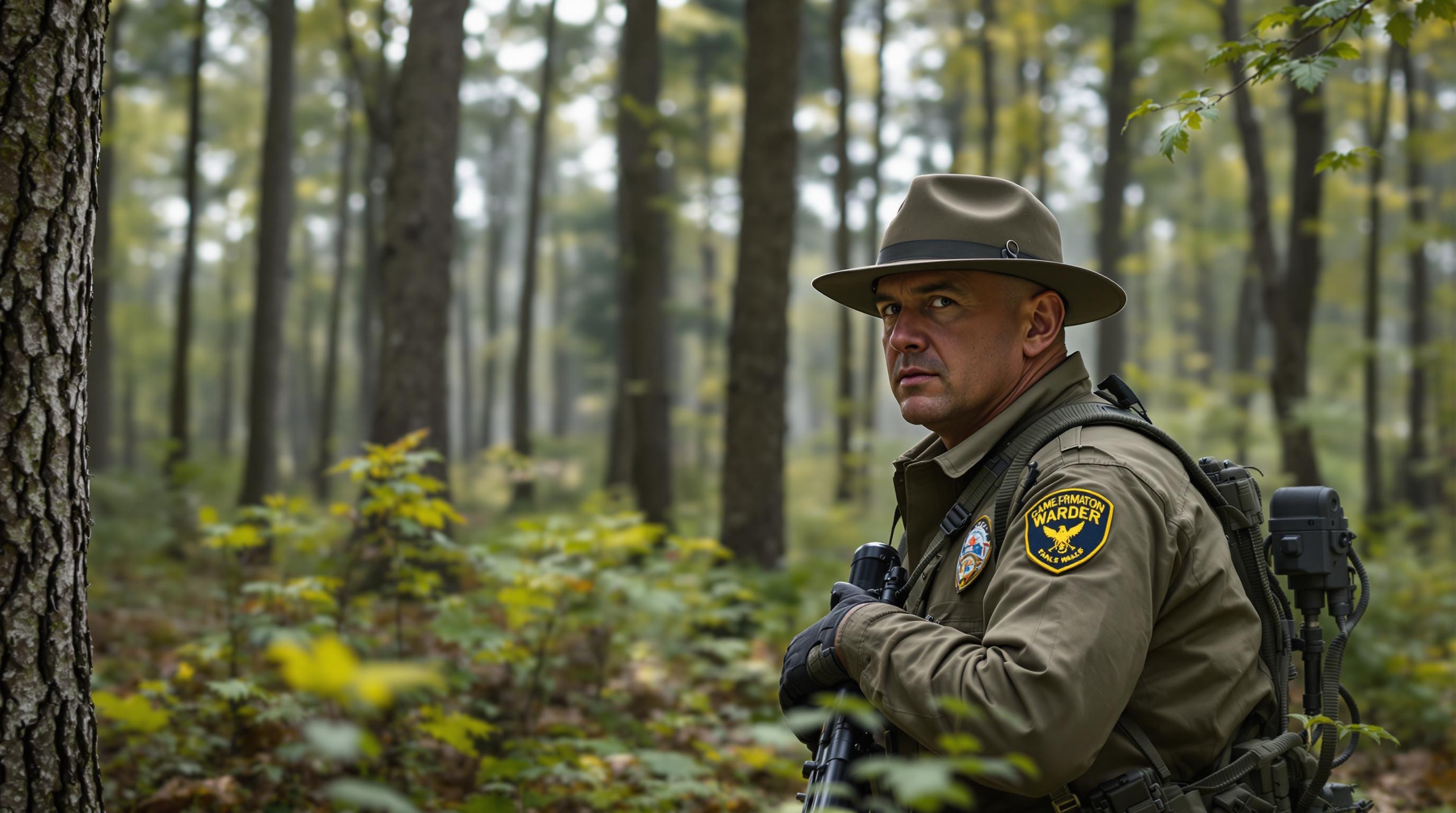Becoming a game warden starts with having a high school diploma and a valid driver’s license. You’ll need to pass a physical readiness test and complete background checks. After that, training at an accredited college or state agency prepares you to perform important law enforcement duties protecting wildlife and natural habitats.

What Does a Game Warden Do?
Educational Path and Basic Requirements
The Hiring Process: What to Expect
Applying to become a game warden usually starts with submitting an application to the state’s wildlife agency. You’ll face written exams, physical tests, and interviews. The background investigation checks for good moral character and a clean criminal history. Passing all these steps leads to formal training.
Training Academy and Physical Fitness
Training academies last between 16 and 26 weeks and cover everything from wildlife laws to firearms training and emergency response. Physical fitness is crucial, so you must pass a demanding physical readiness test. This ensures you can handle the challenges of patrolling rugged terrain and dealing with emergencies.
Daily Work Life of a Game Warden
On the job, game wardens patrol large areas, check fishing and hunting licenses, and investigate complaints about illegal activities. They also participate in wildlife conservation projects and help educate the public. It’s a job that combines fieldwork with community engagement.
Salary and Career Opportunities
Salaries for game wardens vary by state, typically ranging from $40,000 to $60,000 per year. Many agencies offer good benefits like health insurance and retirement plans. Experienced wardens can move up to supervisory roles or specialize in areas like marine patrol or education.
Why Choose a Career as a Game Warden?
The job can be tough, with long hours outdoors in all kinds of weather. But many find it rewarding to protect nature and help communities. If you love wildlife and want a career that mixes law enforcement with conservation, this role fits perfectly.
Game Warden Salary and Training by State
| State | Average Salary | Training Length | Physical Test | Certification Body | Benefits |
|---|---|---|---|---|---|
| Texas | $50,000 | 24 weeks | Yes | Texas Parks and Wildlife | Health, retirement, leave |
| California | $55,000 | 20 weeks | Yes | California Fish & Wildlife | Health, pension, paid leave |
| Florida | $45,000 | 18 weeks | Yes | Florida Fish & Wildlife | Health, retirement, overtime |
| New York | $48,000 | 16 weeks | Yes | NY DEC Division of Law | Health, pension, holidays |
| Alaska | $60,000 | 26 weeks | Yes | Alaska Wildlife Troopers | Health, retirement, bonuses |
Source: State Wildlife Agencies, 2024
Questions We Get Asked the Most About Becoming a Game Warden
These are the most common questions people have about starting a career as a game warden.
What basic education do I need to be a game warden?
You need at least a high school diploma or GED. Many candidates earn a degree in wildlife management or criminal justice, which helps with both law enforcement duties and understanding wildlife.
How hard is the physical test for game wardens?
The physical readiness test is challenging. It tests your strength, endurance, and agility, all needed for patrolling rough terrain and handling emergency situations effectively.
What happens during the game warden training?
Training covers wildlife laws, firearm use, emergency medical care, and public communication. It prepares cadets to carry out both enforcement and conservation work.
Do all states require college degrees?
Some states accept only a high school diploma, but most prefer candidates with college experience, especially from accredited colleges focused on wildlife or law enforcement.
What kinds of law enforcement do game wardens perform?
Game wardens enforce hunting, fishing, and environmental laws. They investigate poaching, issue tickets, and sometimes collaborate with other law enforcement agencies on wider issues.
Is the hiring process competitive?
Yes, because openings are limited and the standards are high. Expect multiple exams, physical tests, and background checks.
Do game wardens teach the public about conservation?
Absolutely. They engage communities to promote responsible hunting and fishing and explain the importance of protecting natural resources.







